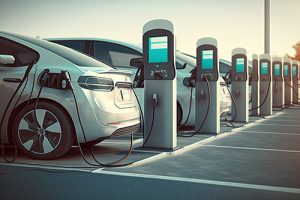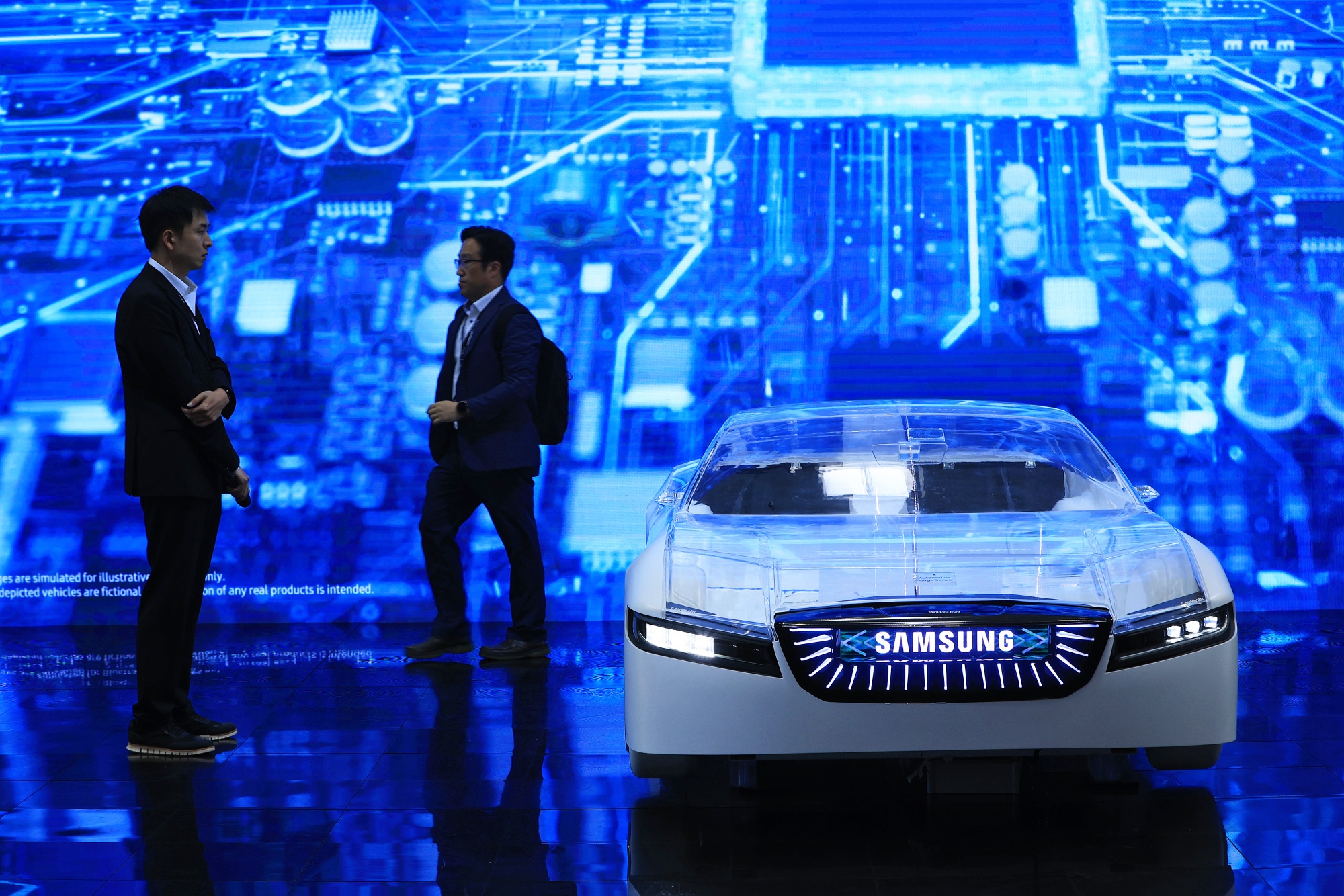Introduction
In recent years, the automotive industry has witnessed a monumental shift towards sustainable transportation. With electric vehicles (EVs) emerging as the frontrunners in this paradigm shift. As we venture into 2024, the future of electric vehicles appears brighter than ever, characterized by groundbreaking advancements, increased accessibility, and widespread adoption. This article delves into the transformative journey of EVs, unraveling the key trends, challenges, and opportunities shaping the landscape of automotive innovation.
Charging Infrastructure Expansion

The widespread adoption of electric vehicles hinges on the availability and accessibility of charging infrastructure. In 2024, significant strides are being made to expand charging networks globally. Ensuring seamless mobility for EV users. Governments, in collaboration with private entities, are investing heavily in the deployment of fast-charging stations along highways, urban areas, and public parking facilities. This infrastructure expansion is crucial for alleviating range anxiety and facilitating long-distance travel with electric vehicles.
Technological Innovations Shaping the Future of Electric Vehicles
The rapid pace of technological advancements is driving the Future of Electric Vehicles. The year 2024 marks a pivotal moment in the evolution of electric vehicle technology. With manufacturers pushing the boundaries of innovation to enhance performance, efficiency, and user experience. Advances in battery technology, including solid-state batteries and improved energy density. They are extending the range of electric vehicles while reducing charging times. Moreover, the integration of AI-driven autonomous driving capabilities is revolutionizing the concept of mobility. Also, it promises enhanced safety and convenience for passengers.
Market Dynamics and Consumer Adoption
Consumer preferences play a crucial role in determining the Future of Electric Vehicles, driving demand for sustainable mobility solutions.
As we navigate the future of electric vehicles. Market dynamics play a pivotal role in shaping consumer adoption and industry growth. In 2024, we witness a surge in consumer interest fueled by growing environmental consciousness, favorable government incentives, and declining EV prices. With automakers ramping up production and introducing a diverse range of electric models. Consumers are spoilt for choice, making the switch to electricity more enticing than ever.
Driving the Future of Electric Vehicles

The transition to electric vehicles heralds a new era of sustainability. Offering a viable solution to mitigate carbon emissions and combat climate change. By electrifying transportation, we reduce our reliance on fossil fuels, thereby curbing air pollution and preserving precious natural resources. In 2024, concerted efforts are underway to integrate renewable energy sources. Such as solar and wind, into the charging infrastructure, further enhancing the eco-friendliness of electric vehicles.
Future of Electric Vehicles in 2024: Overcoming Challenges
Despite the promising trajectory of electric vehicles, several challenges persist on the path to mainstream adoption.
Addressing range anxiety remains a priority, necessitating the expansion of charging infrastructure and the development of high-capacity batteries. Additionally, affordability barriers pose a significant obstacle, particularly in emerging markets. Where EV adoption is hindered by upfront costs and limited financial incentives.
Frequently Asked Questions
- How will electric vehicles change the world? Electric vehicles offer a sustainable alternative to traditional vehicles. Reducing greenhouse gas emissions and promoting cleaner air.
- How long does it take to charge an electric vehicle? Charging times vary based on the station’s power output and vehicle battery capacity. Fast-charging stations can replenish a significant portion of the battery in under an hour.
- Are electric vehicles environmentally friendly? Yes, electric vehicles significantly reduce air pollution and combat climate change. By eliminating tailpipe emissions and reducing reliance on fossil fuels.
- What incentives are available for electric vehicle buyers? Governments worldwide offer various incentives, including tax credits and rebates, to promote electric vehicle adoption and encourage sustainable mobility.
Conclusion
The future of electric vehicles in 2024 holds immense promise. With technological innovations, expanding infrastructure, and growing consumer acceptance, electric vehicles are poised to reshape the automotive landscape, ushering in an era of cleaner, greener, and more efficient mobility.




